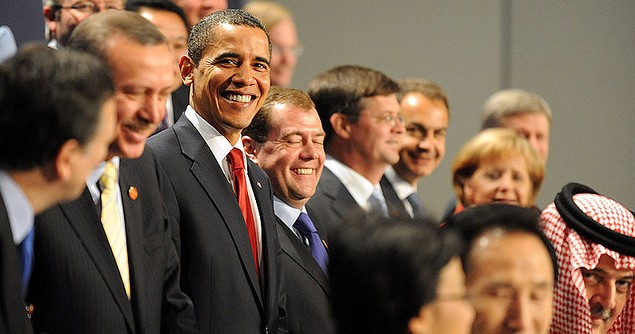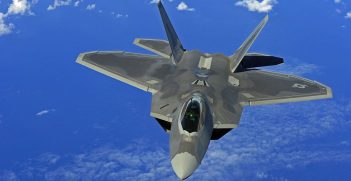G20: Thinking Laterally as well as Globally

Canada’s Jennifer Jeffs proposes two novel ideas for G20 to avoid redundancy: learn from the Asian Financial Crisis example and push for a cross-pollination of expertise between central banks.
In the absence of a crisis, the G20 process is in danger of losing its credibility and its usefulness as a network of the world’s systematically important economies. While few doubt the value of dialogue between these countries, the G20 needs to pave the way for its survival as a useful body in a world of shifting power dynamics, what Canada—along with other middle powers—proposes is a forum that fills a more meaningful role. By forecasting and preventing crises, stepping in to manage those that do occur, and by fortifying its own network, the G20 would make best possible use of its informal nature to develop a deeper understanding and cooperation between member countries.
A forum unlike any other
The G20 differs fundamentally from organisations such as the Bretton Woods institutions or the United Nations. Operating without a formal secretariat, its recommendations are not subject to hierarchal enforcement mechanisms. Consequently, the risk of the G20 being labelled a “talk shop” rather than a community for collective action is high. At the Saint Petersburg summit, G20 leaders directed their finance ministers to “develop further comprehensive growth strategies for presentation to the Brisbane summit”. The process offers an opportunity to pave avenues for cooperation and also devise mechanisms to bring together officials from G20 countries working on parallel files.
Lessons from Asia
The location of the Brisbane Summit also offers an opportunity for G20 countries to learn from the Asia-Pacific region’s efforts to stabilise their own financial systems following the 1997 Asian Financial Crisis. For example, the 1999 ASEAN+3 Chiang Mai Initiative sought to maintain currency liquidity in the wake of the Asian Financial Crisis through bilateral currency swaps to mitigate the lack of global confidence in the region. And then, as the Global Financial Crisis ravaged the world’s economy in the late 2000s, East Asia continued to deepen the Chiang Mai Initiative by multilateralising it. This process resulted in the creation of the Singapore-based ASEAN+3 Macroeconomic Research Office (AMRO) in 2011. As an independent regional macroeconomic surveillance unit, AMRO is tasked with monitoring the region’s financial health, scanning for potential risks and developing policy recommendations. Officials outside the region should learn how this initiative evolved, take its lessons home and apply them to G20 recommendations.
A long-term vision
The G20 offers opportunities for institutional learning. Rather than limiting its actions to ad hoc reactive policies, policy-makers should explore prospects for longer-term policy cooperation. For example, the G20 should establish an exchange program for junior central bank officials to spend time with counterpart central banks across the network. This would enable bank officials to learn about the policy environment in other nations’ economies—a simple measure, but one that would deepen central bank relations and also augment the sophistication of policy toolkits, especially in less-developed partners. Deepening relations between central bank staff would also propel the G20 towards sustainable policy coordination in the future.
In conclusion, as a group of systemically important countries informally mandated to enhance global growth, the better that G20 nations understand the domestic imperatives of other members in their group, the greater their chances for coordinating policies for sustainable and balanced growth.
Jennifer Jeffs is the President of Canadian International Council.
This is an extract from G20: Words into Action Brisbane 2014, to be published by Faircount Media in association with the Australian Institute of International Affairs in October 2014.





